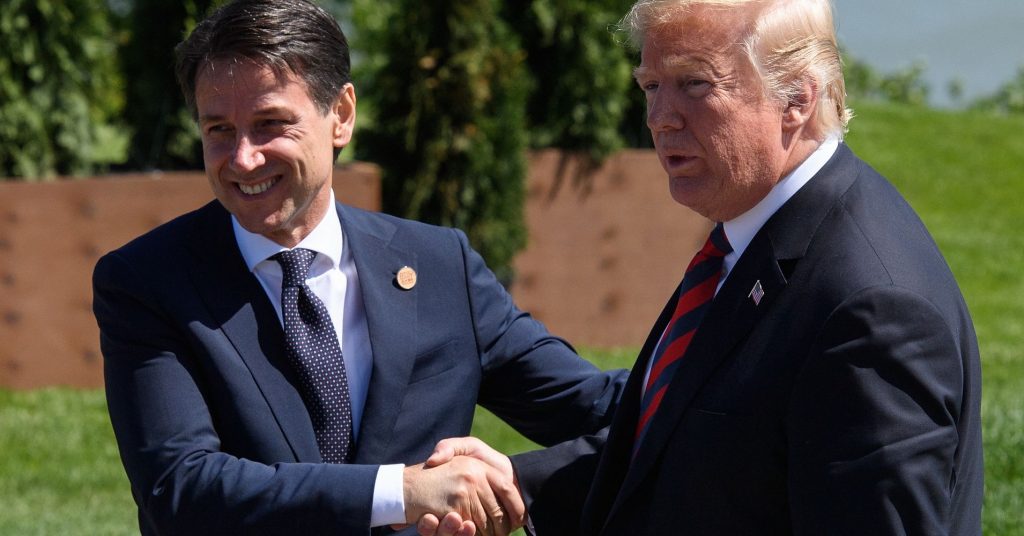
Mark Wang, the owner of a Chinese factory, is in a state of limbo these days thanks to President Donald Trump’s trade war.
The 20-year veteran of the country’s gift industry said he received a letter in early August from his biggest customer, a U.S. retailer he declined to name, urging him to split the cost of a 10 percent duty that the retailer said was being imposed on his products by the Trump administration.
“Ten percent is too high,” Wang lamented from his showroom of aroma diffusers, lights, and candleholders. “It is just too much for any of us to absorb.”
Wang’s company — which he insisted not be named because of business considerations — is based in the industrial town of Dongguan, one of many cities in China’s manufacturing south that make up the backbone of the nation’s traditional exports. For years, big American companies such as Apple and Walmart have relied on Chinese suppliers to make their products and fill their store shelves. But with costs in China rising, many manufacturers are struggling—and the tariffs only add to the burden.
Wang said his labor and raw material expenses are up as much as 15 percent from last year. He told CNBC that Trump’s tariffs will affect more than half of his sales.
In response, he is reorienting his business away from the United States, looking for new customers in Europe, Australia and the Middle East. He said he is also dropping low margin products and scaling back sales destined for the U.S.
“We need to shrink our volumes and focus on what we do best,” he said. “Otherwise, we can’t survive.”
Wang said the weaker yuan has not brought relief, either. China has been criticized this year for purposefully devaluing its currency to support exporters — an allegation officials deny. Wang said, either way, he doesn’t see foreign exchange benefits since his customers arrange long-term contracts with an agreed upon fixed rate.
Recent government efforts to direct funding to troubled small and medium-sized companies are also not helping, Wang indicated. The factor owner said he had considered borrowing money, but the banks would only lend to firms with 50 million yuan ($7.3 million) of registered capital or more.
Wang said he researched moving production out of China to cheaper countries such as Vietnam. However, because his raw materials and suppliers are all close by him in China, he determined that it would not make financial sense. On his street alone, there are 20 factories making similar products to his.
Wang said he believes the trade war will last as long as Trump is in power. And, he said he is now concerned about Trump’s threat of penalizing another $200 billion worth of Chinese goods — since lighting parts could also be on the final list.
Greater tariffs might end relationships between Chinese suppliers and their American customers and raise overall prices for U.S. consumers, he said.
“We can’t afford orders that don’t make money,” the factory owner added. “We won’t kill ourselves just to stay in the U.S. market.”

